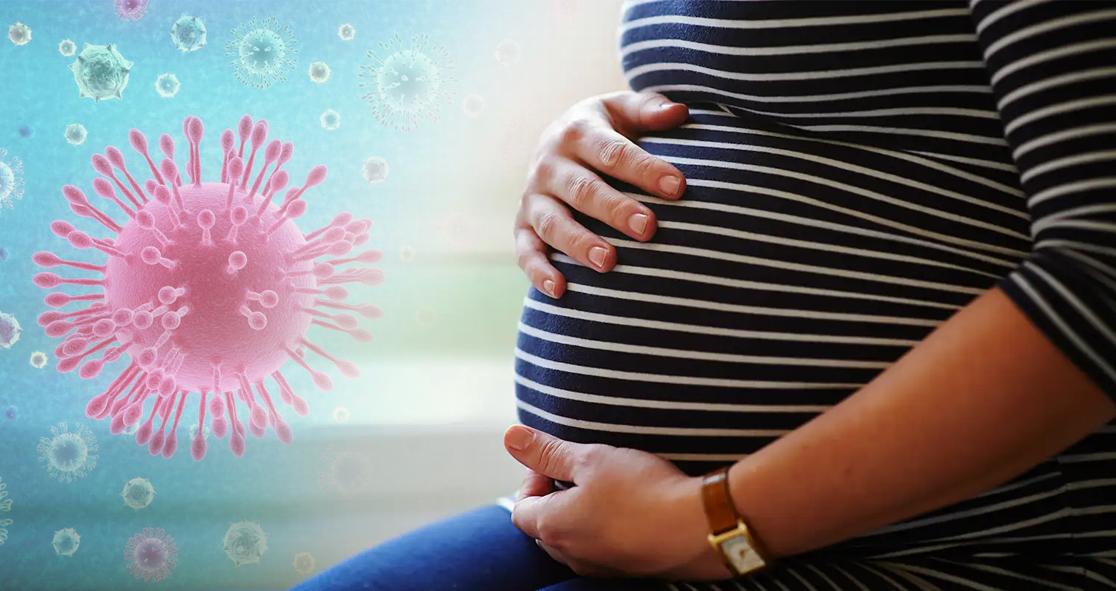Researchers at the University of Cambridge and the California Institute of Technology (Caltech) have found that embryos are vulnerable to COVID-19 – the infection caused by the new coronavirus – if the mothers get sick, potentially affecting the pregnancy.
The researchers said genes, which are thought to play a role in how the coronavirus virus infects our cells, have been found to be active in embryos during the second week of pregnancy, making them susceptible to the infection.
The researchers published the findings in the Royal Society’s journal Open Biology.
Aging and obesity are the common risk factors for pregnancy complications but the potential effects of the coronavirus on fetal health and successful pregnancy remain largely unanswered.
Using the technology developed by Prof. Magdalena Zernicka-Goetz at the University of Cambridge, the researchers found patterns of expression of two genes that could allow the infection to occur in embryos if the mothers get sick.
The genes affected were key associated with the important stages of the embryo’s development, which help the embryo to develop into tissues that connect with the maternal blood supply for nutrient exchange.
Prof. Zernicka-Goetz said, “Our work suggests that the human embryo could be susceptible to COVID-19 as early as the second week of pregnancy if the mother gets sick. To know whether this really could happen, it now becomes very important to know whether the ACE2 and TMPRSS2 proteins are made and become correctly positioned at cell surfaces.”
“If these next steps are also taking place, it is possible that the virus could be transmitted from the mother and infect the embryo’s cells,” she added.
Prof. Zernicka-Goetz, who is a professor of Caltech, and Prof. David Glover from Cambridge and Caltech explained, “Genes encoding proteins that make cells susceptible to infection by this novel coronavirus become expressed very early on in the embryo’s development.”
“This is an important stage when the embryo attaches to the mother’s womb and undertakes a major remodeling of all of its tissues and for the first time starts to grow,” they added. “COVID-19 could affect the ability of the embryo to properly implant into the womb or could have implications for future fetal health.”
Bailey Weatherbee, a student at the University of Cambridge, said, “We don’t want women to be unduly worried by these findings, but they do reinforce the importance of doing everything they can to minimize their risk of infection.” The article appeared on News Medical Life Sciences.























